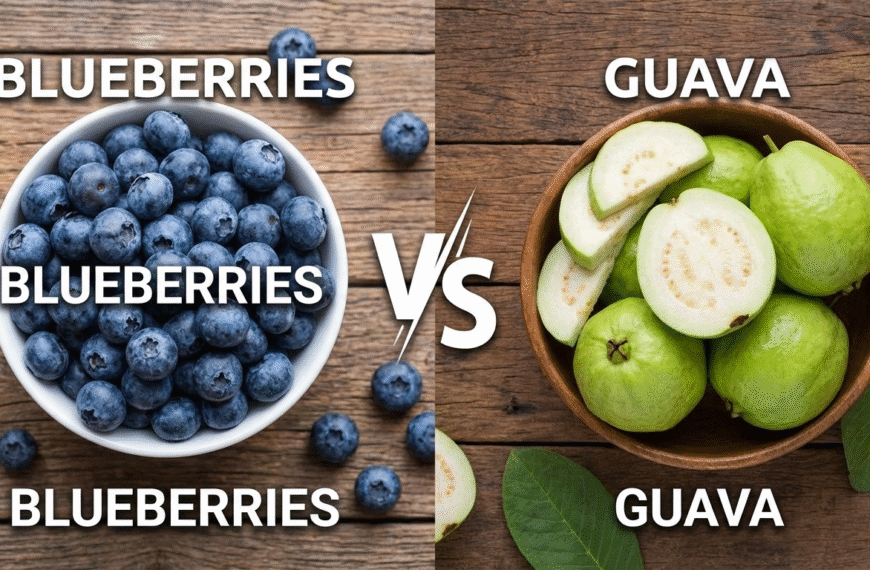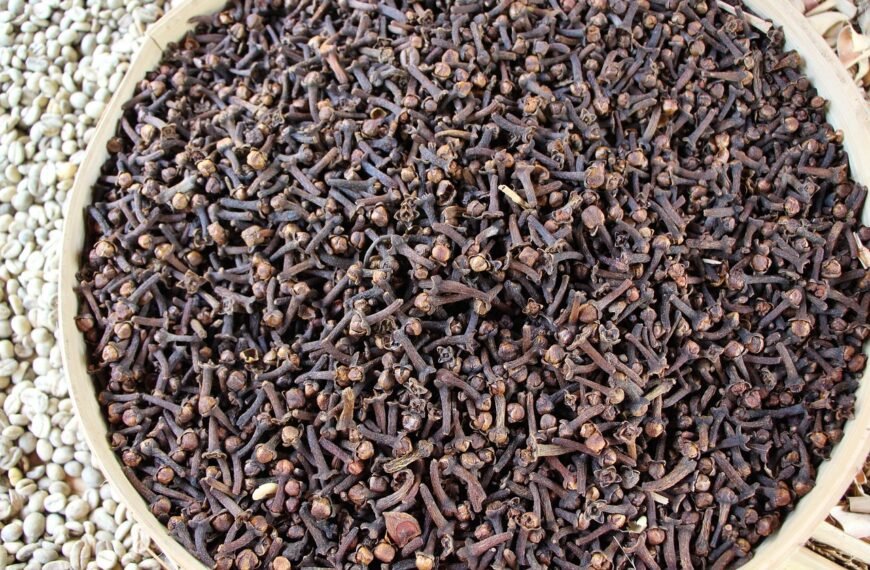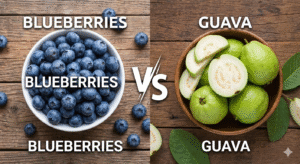When it comes to losing weight, one of the most common questions people ask is – should I follow a low-carb diet or a low-fat diet? Both have passionate supporters and promise quick results, but which one really works better for lasting weight loss? Let’s explore how each diet works, what science says, and how to choose the best one for your lifestyle.
What’s the Difference Between Low-Carb and Low-Fat Diets
A low-carb diet limits foods high in carbohydrates such as rice, bread, pasta, potatoes, and sugary snacks. It focuses more on protein, healthy fats, and low-starch vegetables.
A low-fat diet, on the other hand, cuts down foods that are high in fat – especially saturated fats from butter, red meat, and fully-fat dairy – while promoting fruits, vegetables, and whole grains.
Both diets aim to reduce calorie intake but work differently. Low-carb diets help manage hunger and blood sugar, while low-fat diets reduce calorie density by lowering overall fat intake.
What Studies Reveal About Low-Carb vs Low-Fat
Research comparing both diets has found that weight loss results are very similar over time.
Studies show that people following either diet can lose around 5-6 kg within a year when sticking to a healthy calorie deficit. Low-carb diets may show quicker results in the first few months because cutting carbs also reduces stored water in the body. However, as months pass, both diets balance out with nearly equal weight loss outcomes.
So, in the long run, both low-carb and low-fat diets can help you reach your goals if you maintain consistency and calorie control.
Why Some People Do Better on a Low-Carb Diet
1. Better Hunger Control – Eating more protein and healthy fats helps you stay full longer and reduces cravings.
2. Stable Blood Sugar – Low-carb meals balance insulin levels and may help those struggling with sugar spikes.
3. Quick Early Results – Reducing carbs helps the body lose water weight fast, leading to visible changes in the first few weeks.
However, sticking to a low-carb diet can be difficult for some people, as it often restricts fruits, grains, and legumes. Over time, this can lead to tiredness, digestive problems, or nutrient imbalances if not managed properly.
Why Others Succeed on a Low-Fat Diet
1. Lower Calorie Intake – Fat has more calories per gram than carbs or protein, so reducing it helps cut daily calories naturally.
2. Supports Heart Health – Diets rich in fruits, vegetables, and whole grains improve cholesterol and support heart function.
3. Easier to Follow – Low-fat diets allow familiar foods like rice, pulses, and rotis, making them more practical for long-term use.
However, going too low in fat can make you feel hungry or affect hormone balance, so it’s important to include moderate amounts of healthy fats from sources like nuts, seeds, and olive oil.
Finding the Best Diet for You
There’s no one-size-fits-all approach when it comes to weight loss. Your ideal plan depends on your body type, lifestyle, food preferences, and metabolism.
If you prefer cutting carbs, a low-carb diet may help you lose weight faster initially. If you enjoy traditional foods and want a long-term plan, a low-fat diet might be easier to stick with.
The best approach is to combine both methods – reduce refined carbs and unhealthy fats, focus on whole, unprocessed foods, and maintain a slight calorie deficit. Pair it with daily movement, proper hydration, and mindful eating for lasting results.
Both low-carb and low-fat diets can work for weight loss – what matters most is choosing the one you can maintain consistently. Forget extreme restrictions and focus on balance. Healthy eating isn’t about cutting one food group completely; it’s about building habits that support your body every day.


















